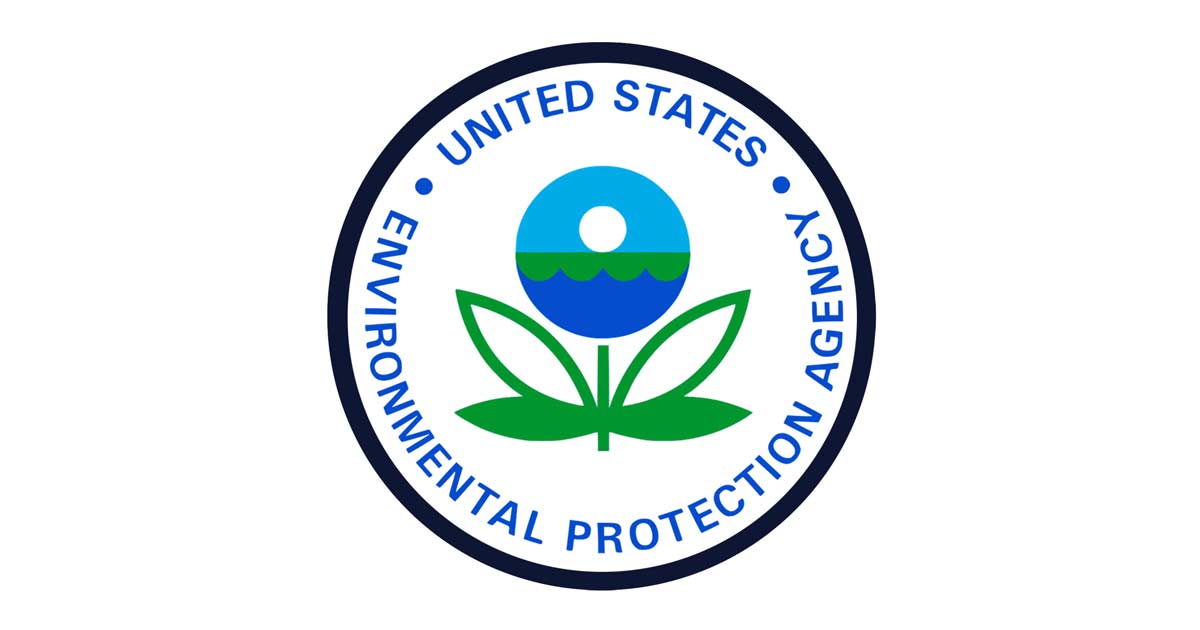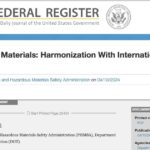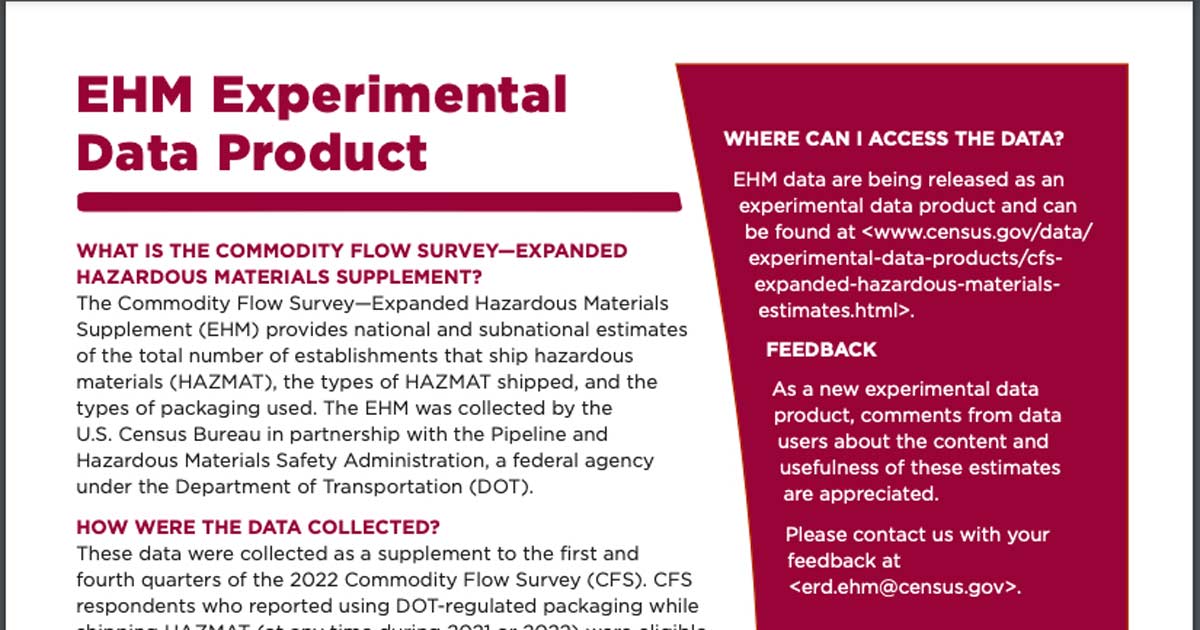The U.S. Environmental Protection Agency issued a fine to a Rhode Island manufacturer and entered a consent agreement with a Pennsylvania operation over hazardous materials violations.
Interplex Engineered Products, which makes electrical conductors in East Providence, R.I., will pay a fine of $59,044 as part of a settlement with EPA relating to alleged violations of hazardous waste management laws. Under the settlement, the company has agreed to pay the penalty for seven alleged violations, and certified compliance for the facility with Resource Conservation and Recovery Act and state hazardous waste regulations.
RCRA is the principal federal hazardous waste storage and disposal statute.
“It is crucial that companies properly manage their hazardous wastes,” said EPA New England Regional Administrator David W. Cash. “Improper management of these wastes can lead to releases of dangerous chemicals – in this case cyanide waste. Due to EPA’s enforcement action, these storage violations are being rightfully addressed, and the company has agreed to correct its mistakes and practice compliance moving forward.”
EPA alleged that Interplex Engineered Products, Inc. violated the RCRA and federally authorized Rhode Island hazardous waste management regulations, at its Rhode Island facility. The facility’s wastewater treatment area had a hazardous waste storage area that contained 12, 55-gallon drums of cyanide waste. The drums were stored near a grated drainage trench in the floor. This drainage trench, which ran through various other parts of the wastewater treatment area, served to capture any spilled liquid material, and transport it to a sump. Other parts of the wastewater treatment area served by the trench were designated to store sulfuric acid and other acids.
If both sulfuric acid and cyanide waste were spilled and mixed in the trench or in the sump, the mixture could react and generate toxic and flammable vapors. The violations alleged by EPA include failure to minimize the possibility of fire, explosion, or unplanned release of hazardous waste; not maintaining adequate aisle space between waste containers; not conducting weekly inspections; not keeping waste containers closed, labelled, and dated; and not providing the contingency plan to local authorities.
Interplex is owned by Interplex Holdings, a multinational company headquartered in Singapore that manufactures electrical connectors for the auto, medical, and information/communication industries. The company generates numerous forms of waste at its East Providence facility, including hazardous waste. Specifically, Interplex generates cyanide waste through some of its activities at the facility as a job shop, providing molding, reel-to-reel plating, skiving, and assembly of electrical connectors.
EPA also says that Max Environmental Technologies, Inc. has agreed to several actions to ensure compliance with federal and state hazardous waste safeguards at the company’s waste facility in Yukon, Pa.
Max owns and operates a 160-acre facility, surrounded by agricultural and residential properties, about 30 miles southeast of Pittsburgh in Westmoreland County. According to EPA, this site is an area with potential environmental justice concerns. Max conducts waste operations under permits issued by the Pennsylvania Department of Environmental Protection (PA DEP) pursuant to the federal Clean Water Act (CWA) and the Resource Conservation Recovery Act.
Among the hazardous wastes at the Max facility are wastewater treatment sludge, corrosives, arsenic, barium, cadmium, chromium, lead, selenium, silver, electric arc furnace dust, and waste acid/pickle liquor. Waste management units include five closed impoundments, an active solid waste landfill, waste storage tanks and containers, hazardous waste treatment units, and a leachate management system that generates sludge from wastewater treatment.
EPA officials inspected the facility in March 20-24, 2023, to determine Max’s compliance with environmental regulations, including the terms of its PA DEP-issued CWA and RCRA permits. According to EPA, its inspectors documented several RCRA permit violations, including but not limited to: (1) unlawful disposal of hazardous waste in the solid waste landfill at the facility, (2) failure to maintain a containment building, and (3) failure to keep the hazardous waste containers closed to prevent hazardous waste release.
This Consent Order addresses RCRA and state hazardous waste requirements. Max has agreed to immediate measures to eliminate the potential release of solid and hazardous waste into the environment and to ensure that future ongoing operations do not cause or contribute to releases at the facility. The RCRA consent order requirements include, but are not limited to:
- Prohibition of disposal of untreated and treated hazardous waste in the facility’s landfill unless it has been reviewed and analyzed by a third-party auditor and unaffiliated PA DEP-accredited laboratory.
- Retention of an EPA approved third-party professional engineer to perform a structural evaluation and recommendations to repair or modify the containment and processing building and containment pads.
- Monitoring and sampling of residential wells adjacent to the facility.
- Monthly progress reports and meetings with EPA project managers to evaluate the compliance actions stated in the consent order.
Original post – Copyright © 2024 HazmatNation.com. Externally linked references may hold their own independent copyright not assumed by HazmatNation










